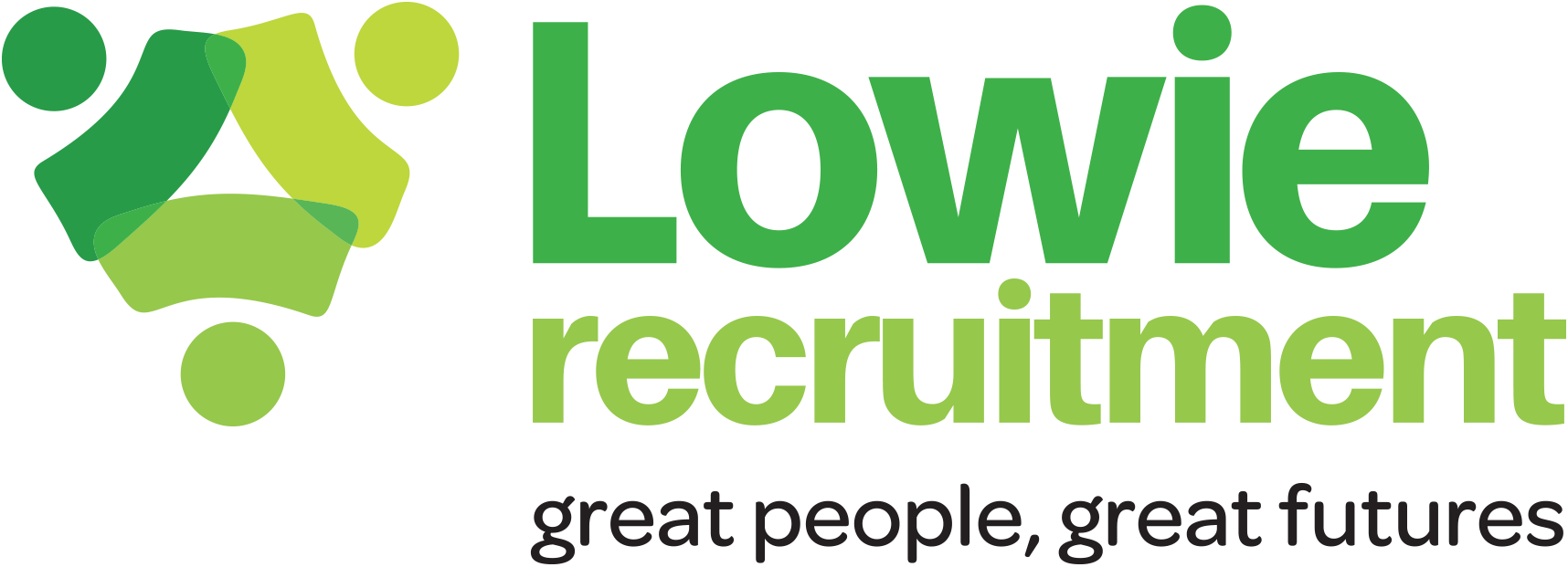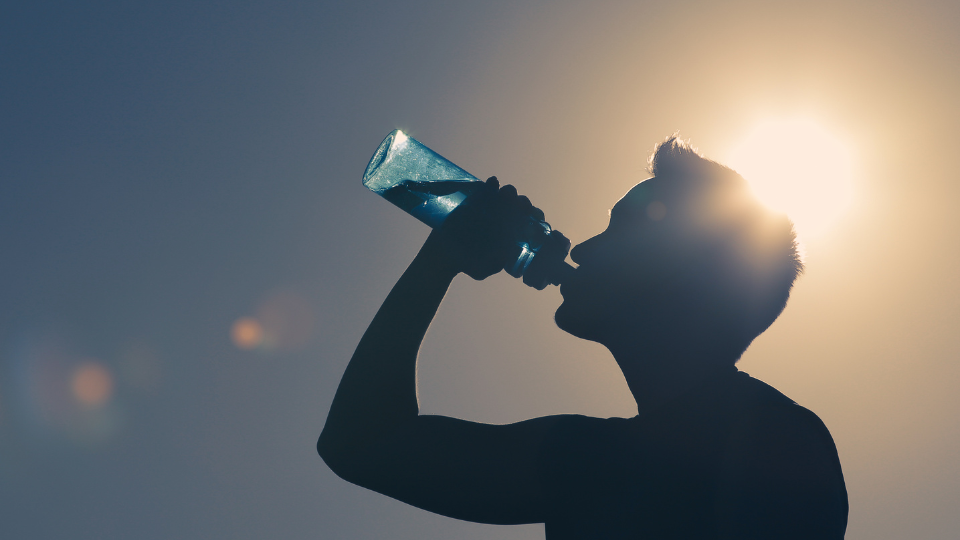If you work in traffic management, construction, warehousing, logistics or any job that keeps you on the move, summer can be tough on your body. Long shifts, hot days, PPE and constant activity can quickly lead to overheating if you’re not careful.
Working in high temperatures can affect your concentration, slow your reaction times and in serious cases lead to heat exhaustion or heat stroke.
The good news is there are simple steps you can take to look after yourself on hot days.
Know the Signs of Heat Stress
Your body usually cools itself by sweating, but when it is very hot or humid your body can struggle to cope. It is important to notice the early warning signs so you can act before things get serious.
Common signs of heat stress and heat exhaustion can include:
- Headache or feeling lightheaded
- Feeling very tired or weak
- Dizziness or nausea
- Fast heartbeat
- Hot, clammy or very sweaty skin
- Muscle cramps
If you or a workmate start to feel this way, move to a cooler area, take a break, sip cool water and let a supervisor or your health and safety rep know. If symptoms are severe or do not improve, seek medical help immediately.
Stay Hydrated
When you are working hard in the heat, your body loses a lot of fluid through sweat. If you do not replace it, you can become dehydrated very quickly.
Simple hydration tips:
- Drink small amounts of water often, rather than waiting until you feel very thirsty
- Keep a refillable drink bottle with you and top it up on breaks
- Go easy on energy drinks and sugary soft drinks; they can make you feel worse over time
- Avoid too much caffeine before or during your shift as it can contribute to dehydration
Use Shade and Take Your Breaks
Breaks are not just a nice to have in summer; they are a safety measure. WorkSafe guidance suggests scheduling extra rest breaks, rotating tasks and providing cool rest areas when temperatures are high.
When you can:
- Take your breaks in the shade or a cool indoor area
- Sit down, remove gloves and your hi-vis vest for a few minutes if it is safe to do so
- Use the time to rehydrate and cool your body down
- If you start to feel off during a task, speak up and ask for a short pause
Dress for the heat
PPE and uniforms are there to keep you safe, but in the heat they can feel heavy. The goal is to stay protected while helping your body stay cool.
Where possible, choose:
- Light coloured, breathable clothing under your hi-vis
- Moisture wicking socks and shirts that help sweat evaporate
- A hat with a brim or flap for outdoor work, if it is allowed with your PPE
- Sunglasses with UV protection if you are in bright sun
If your gear is soaked in sweat or feels heavy, change it when you can. Dry clothing is more comfortable and helps your body regulate temperature better. WorkSafe encourages employers to choose PPE made from light, breathable materials where possible.
Work Smart in the Heat
You cannot always choose the weather, but you can work in a way that reduces risk.
Try to:
• Pace yourself, especially at the start of a hot shift
• Take more short breaks rather than pushing through until you feel unwell
• Use mechanical aids like pallet jacks or trolleys instead of lifting heavy items by hand where possible
• If your site allows, do the heaviest work in the cooler parts of the day and lighter tasks in the hottest hours
Buddying up with a teammate is a good idea. Keep an eye on each other and speak up if you notice them looking unwell, confused, or overly tired.
Protect your skin
New Zealand has some of the strongest UV levels in the world and outdoor workers are at higher risk of skin damage and skin cancer over time. WorkSafe has specific guidance on protecting workers from solar UV radiation.
If you work outdoors:
- Use broad-spectrum SPF 50 or higher sunscreen and reapply regularly
- Cover arms and legs where it is safe to do so
- Wear a hat or helmet with a brim attachment if your role allows
- Try to use shade whenever you can during breaks
Speak Up if It Feels Unsafe
You have the right to be safe at work. Under New Zealand health and safety law, your employer must do what is reasonably practicable to make sure you are not put at risk by extreme heat at work.
Let your supervisor or health and safety rep know if:
- There is no access to drinking water
- There are no shaded or cool areas to take breaks
- The heat is making people feel sick, dizzy, or faint
- You do not feel safe continuing your tasks in the current conditions
It is always better to speak up early rather than try to push through and end up injured or unwell.
Looking After Yourself in Summer
Working in the heat can be tough, but you are not powerless. By staying hydrated, taking breaks, dressing smart and looking out for yourself and your team, you reduce the risk of heat related illness and keep your performance steady through the summer months.
Your health matters more than any shift. If something does not feel right, listen to your body and talk to someone. With the right habits, you can get through the hot months safely and keep doing the mahi you do best.

